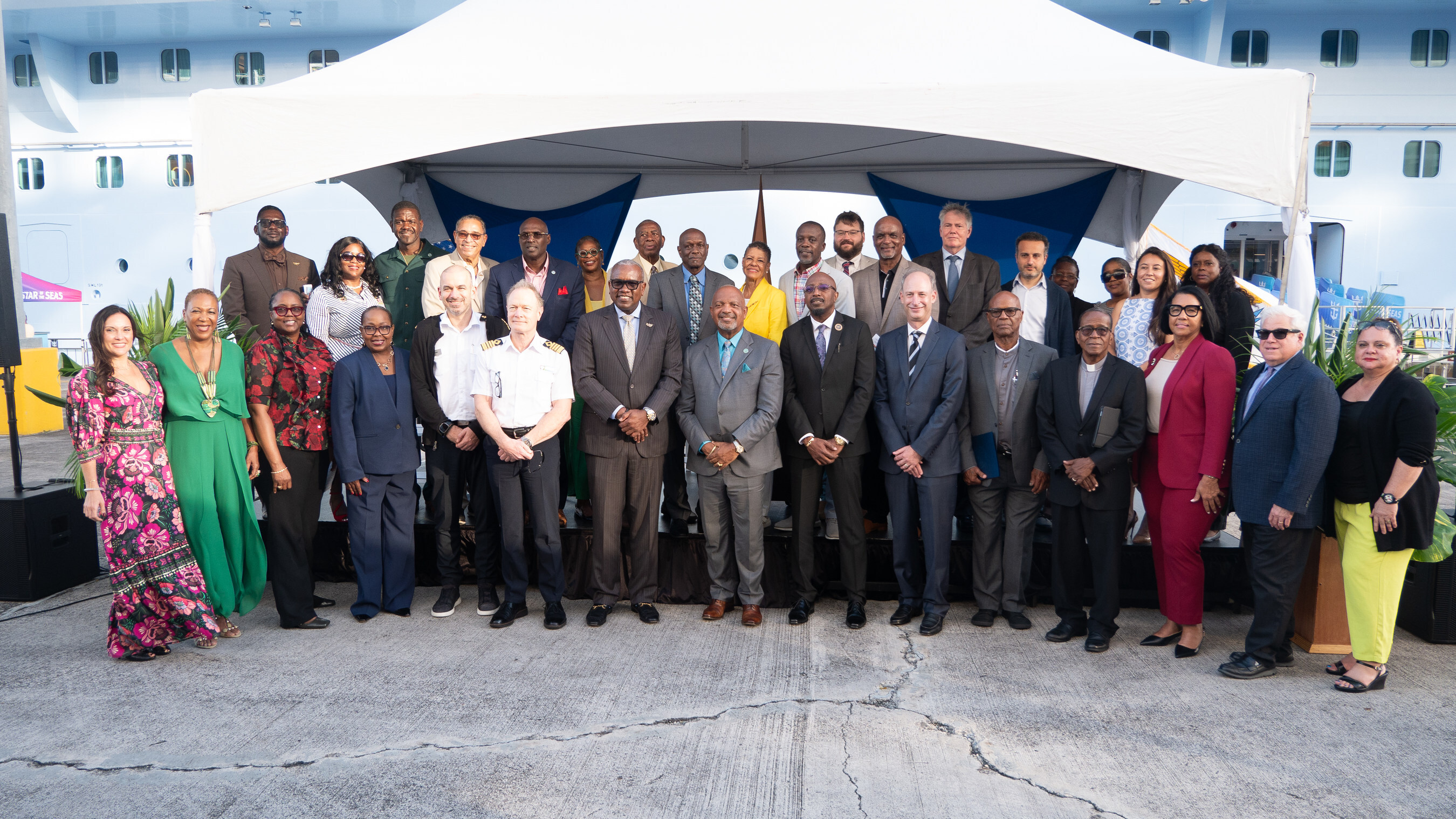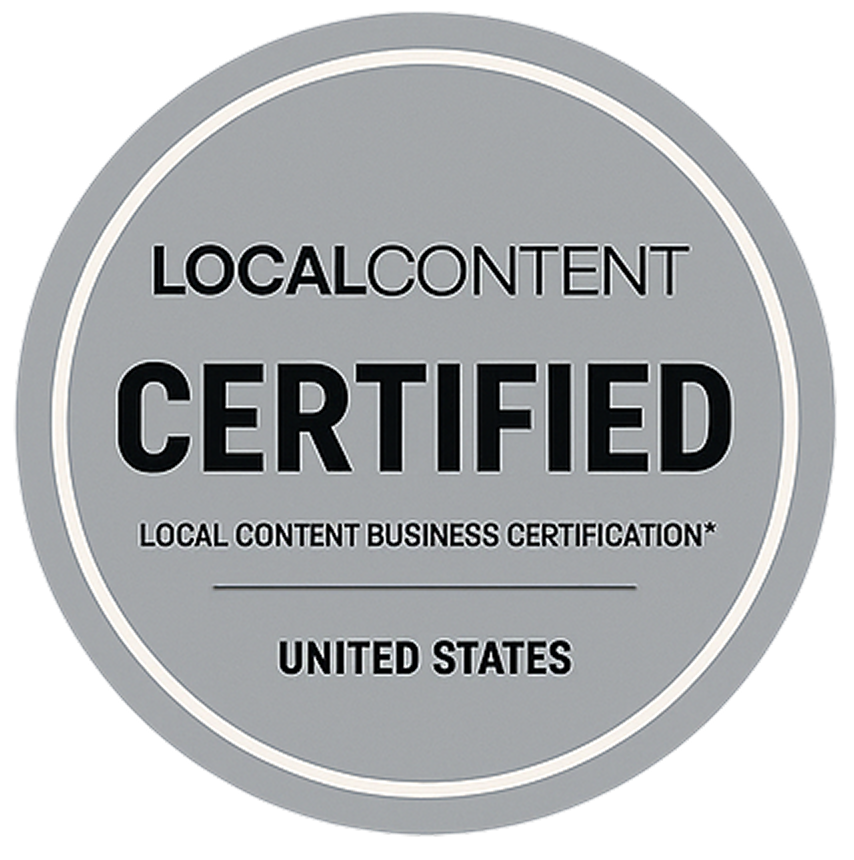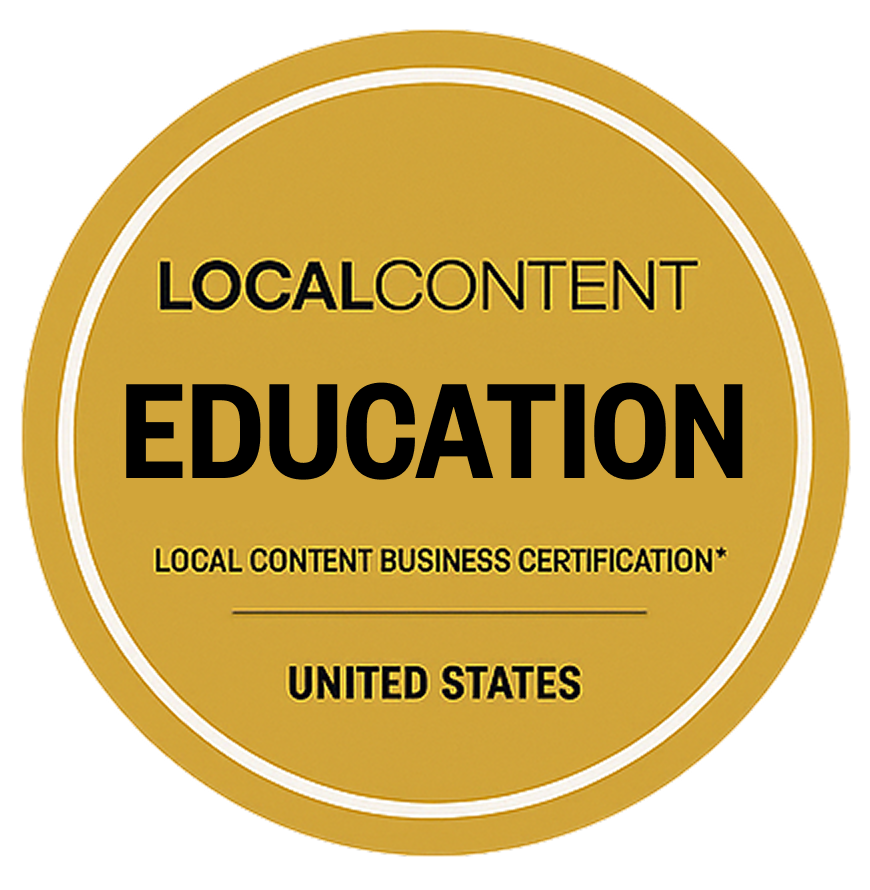Local Content GOV Compliance + Energy Efficiency and Building Decarbonization Expert Trainer: Marjaneh Issapour MS, P.E. | CEO, National Wind Services Corp.
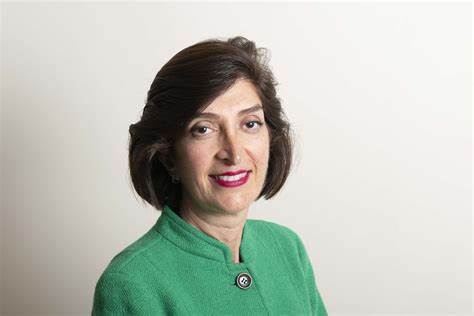
Local Content GOV Compliance+ convenes a powerhouse lineup of industry experts to deliver practical insights, hands-on education, and meaningful connections for businesses, job seekers, and community stakeholders alike. This series offers a behind-the-scenes look at the thought leaders shaping our program—get to know the instructors who are making impact happen.
Course: Local Content GOV Compliance + Energy Efficiency and Building Decarbonization (20 Hours – 2 Days)
Meet Our Instructor: Marjaneh Issapour MS, P.E. | CEO, National Wind Services Corp.
LocalContent.com: Can you share a bit about your journey and what led you to become an expert in this field?
Marjaneh Issapour MS, P.E.: If you’re passionate about sustainability, energy innovation, or simply want to understand how efficiency can transform our world, I invite you to join my course on Energy and Efficiency. With over two decades of experience in renewable energy education, industry collaboration, and applied research, we have had the privilege of creating New York State’s first “Wind Turbine Technician” Certificate program and leading Farmingdale’s first “Sustainable Energy” Certificate. Our work has been supported by over $13 million in grant funding and recognized by organizations like IEEE, NYSSPE, and SUNY. In this course, you’ll gain not only technical knowledge but also real-world insight into the energy challenges—and opportunities—shaping our future. Whether you’re looking to enter the clean energy workforce, support sustainability in your community, or simply learn how to make smarter energy choices, this class is a powerful step forward. Let’s build a cleaner, smarter future together.
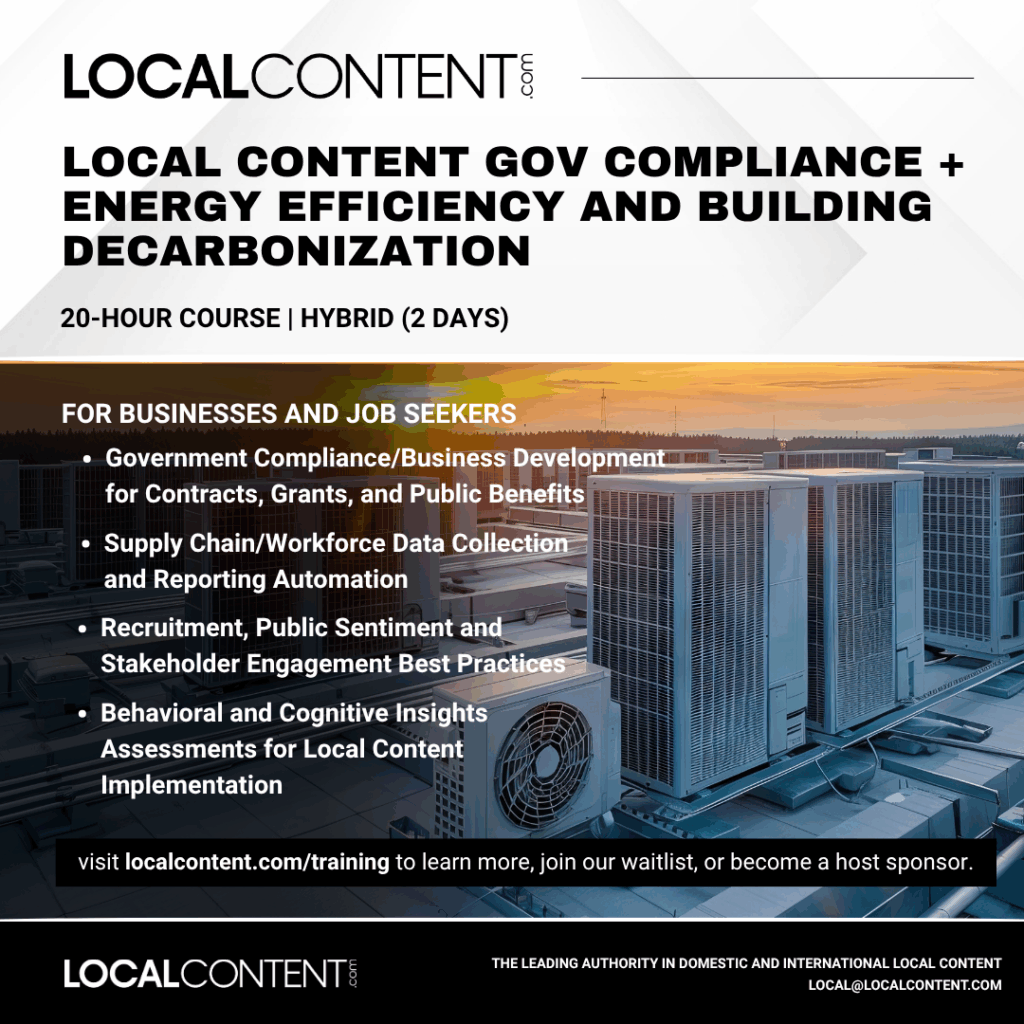
LC: What’s the most impactful lesson from your career that you always make sure to pass on to participants?
M.I.: Early in my career, I faced setbacks in the engineering industry—projects that didn’t go as planned, opportunities that didn’t materialize, and moments that made me question my path. At the time, those failures felt discouraging, even defining. But over time, I realized they were shaping something far more meaningful. They taught me resilience, problem-solving, and how to navigate complexity with creativity and purpose. When I transitioned into education, I brought those hard-earned lessons with me. In the classroom, I found a new sense of fulfillment—connecting with students, sharing real-world insights, and helping them prepare for the challenges ahead. What once felt like failure became the foundation of a deeply rewarding journey in academia. Today, I see those early struggles not as setbacks, but as the experiences that made me the educator and mentor I am.
LC: Have you seen any standout success stories from past attendees who used your training to transform their business or career?
M.I.: I remember a specific story about a young student who once took my course, Introduction to Energy and Sustainability. Interestingly, some of the content from this short program is drawn from that very course. He was, without a doubt, the most disengaged and unmotivated student in the class—at least in the beginning. But everything changed during the final portion of the course, when each student was asked to choose a topic of personal interest related to sustainability and present it to the class. His presentation was centered on the effective waste management to combat environmental pollution. That assignment sparked something in him. He became invested, curious, and passionate. Today, he’s an environmental attorney, dedicating his career to fighting for low-income communities impacted by water pollution from nearby industrial zones. Watching that transformation reminded me that sometimes all it takes is one spark—one moment of connection—for someone to discover their purpose.
LC: What are some common mistakes businesses or professionals tend to make, and how does your training help them avoid these pitfalls?
M.I.: Many businesses hesitate to invest in sustainable changes—like weatherization or energy-efficient upgrades—because of the initial upfront cost. While that hesitation is understandable, it often leads to greater losses over time. As energy prices continue to rise, businesses that delay action find themselves spending more year after year on utilities. What seems like a cost-saving decision in the short term becomes a missed opportunity for long-term financial resilience. In reality, early investments in energy efficiency not only reduce operating costs but also future-proof businesses against the volatility of energy markets.
LC: Beyond professional growth, how does this training create new opportunities for attendees, their families, and their communities?
M.I.: Taking this short introduction may be a transformative experience—not just for the individual, but for their families and communities as well. By gaining a foundational understanding of how energy is used, conserved, and managed, attendees unlock new career pathways in a rapidly growing field. They also become informed decision-makers at home, leading to lower utility bills and healthier living environments. Most importantly, they become agents of change in their communities—sharing knowledge, advocating for smarter practices, and inspiring others to adopt sustainable habits. A single course can spark a ripple effect of opportunity, economic savings, and environmental impact that extends far beyond the classroom.
###

Local Content is the Next Compliance Asset Class
LocalContent.com™ transforms how public and private sector projects meet local and domestic content requirements—with technology, data, and certification solutions that build trust, unlock funding, and prove community value.
Subscribe to Local Content
LocalContent.com Announces Upcoming AI-Driven Certification Suite to Boost Supply-Chain and Workforce Compliance, Competitiveness, and Economic Opportunity
Take the free assessment instead
%20(2).png)
.jpg)

